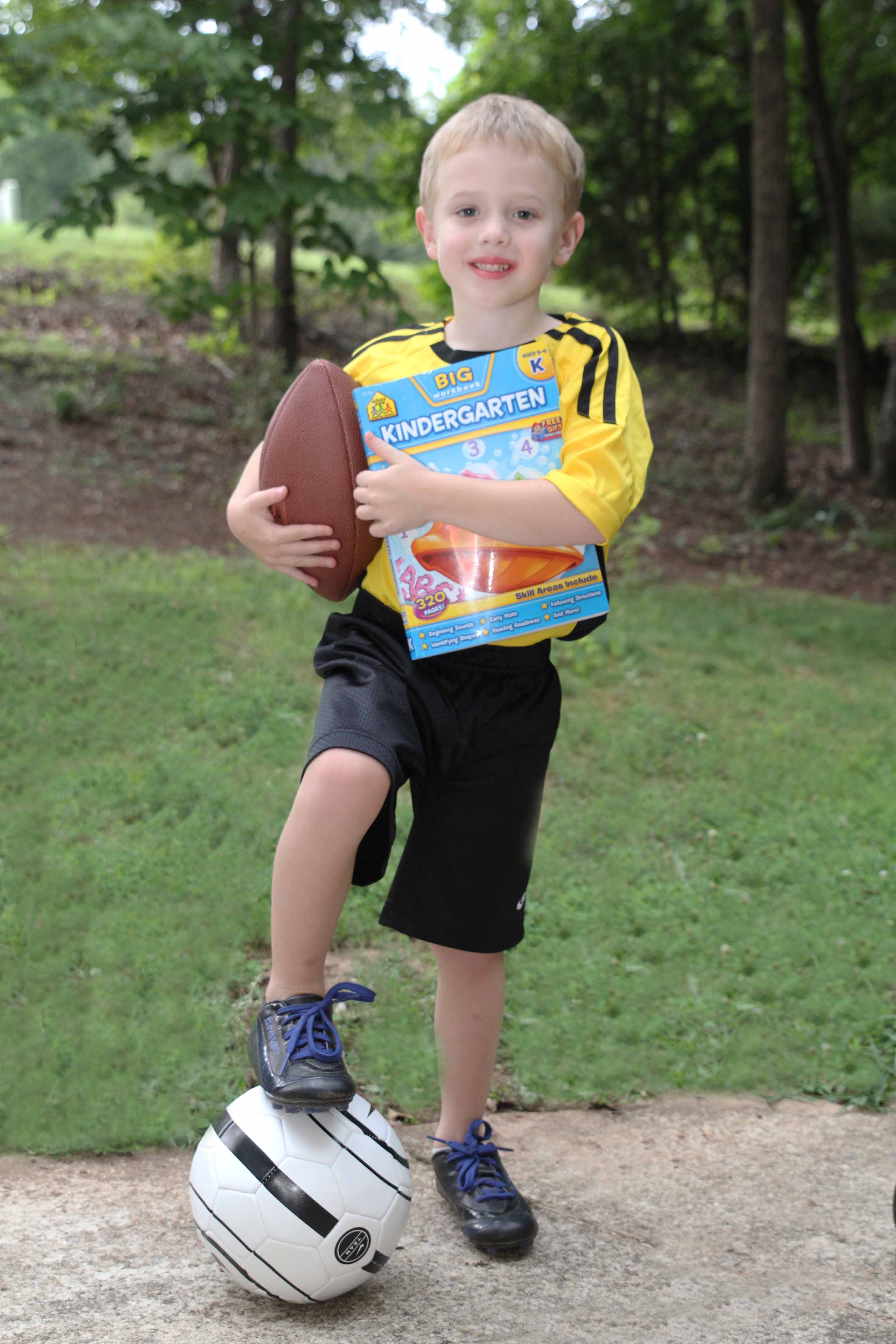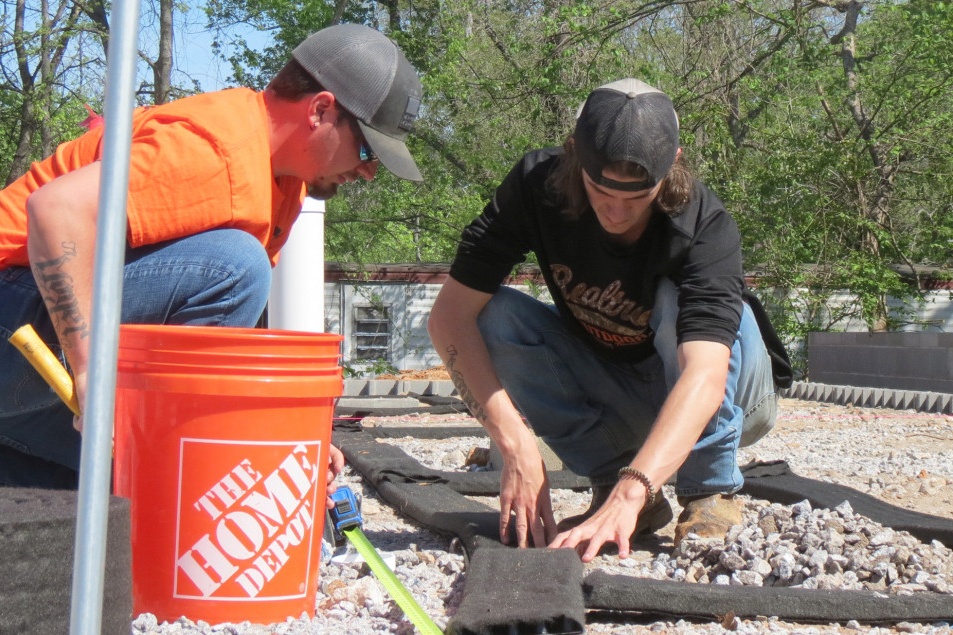A full after-school schedule may keep your kids occupied, but it’s not necessarily the healthiest option.
It turns out kids need a little unstructured “play time” for healthy development as well.
Research has shown that children can develop a lot of necessary skills, such as working with others and learning how to make decisions, through child-led or unstructured play time.
“The worrisome thing we’re starting to see from research is that kids now have their lives so structured that they don’t know how to play independently,” said Diane Bales, a child development specialist with University of Georgia Extension. “Teachers are reporting things like kids (constantly) need adults to tell them what to do. The kind of creativity that comes from play leads to a lot of other abilities like creative problem solving. Children are more lacking in that when they haven’t had the opportunity to make decisions on their own.”
Parents should pay attention to cues such as their child’s stress levels during the school year, Bales said. When kids go from school to T-ball practice to a youth group meeting and then to soccer camp all within a few hours’ time, the child doesn’t get the needed break.
Bales likens it to an adult going to 12 consecutive workshop sessions without a break: you likely wouldn’t benefit much from the last three or four sessions.
“One thing we all need to have, children and adults, is quiet time,” Bales said. “You need that quiet, unstructured time to really consolidate your learning before you’re able to learn something else new. Going from activity to activity without no break, no pause, does not give you the down time to make sense of it.”
Parents today feel pressure to enroll their kids in as many activities as possible, Bales said, most of it out of good intentions of wanting to expose their children to a wide variety of options.
Sometimes, there’s an element of competition involved, the ancient notion of wanting to “keep up with the Joneses." Often, the result is a crammed schedule and an exhausted child (and parents).
The key, Bales said, is to seek balance — a goal she noted is easier to set than to achieve. Structured activities are fine within reason, but make time for individual or group play dates where children get to decide what to play.
When kids play, they get to make all the decisions themselves, Bales said, which is a valuable skill that they need to learn.
“Things like solving a disagreement with a friend over what game they’re going to play is what prepares the brain to deal with bigger life stresses,” Bales said. “Kids who never deal with little stresses have a harder time when faced with the bigger ones.”







